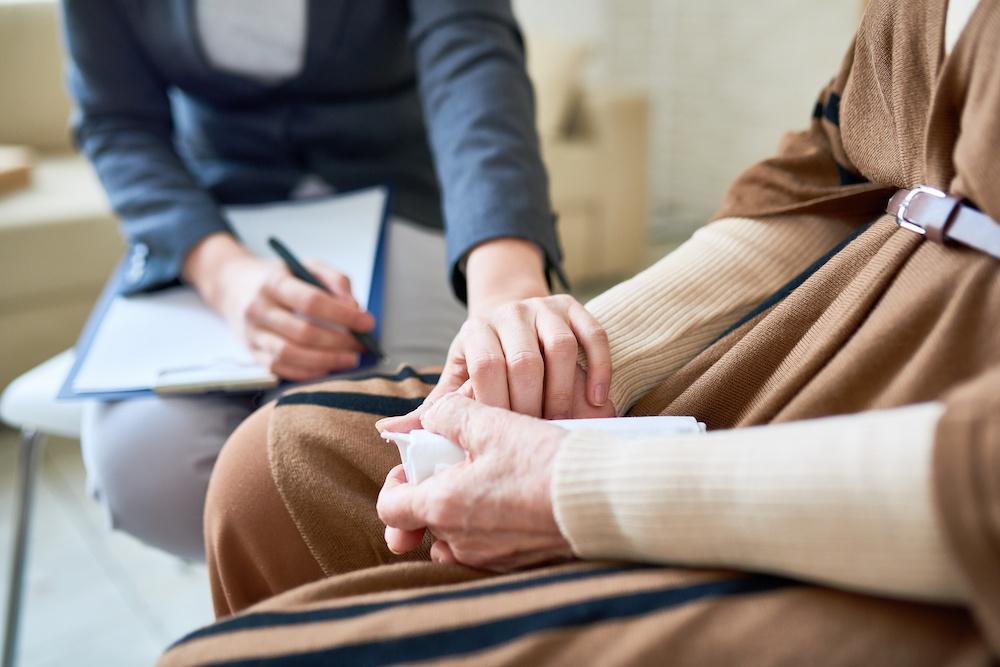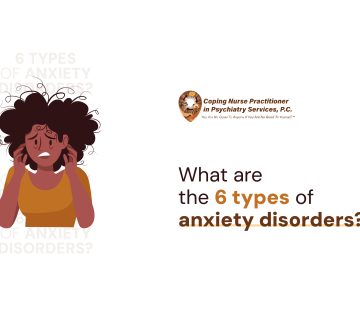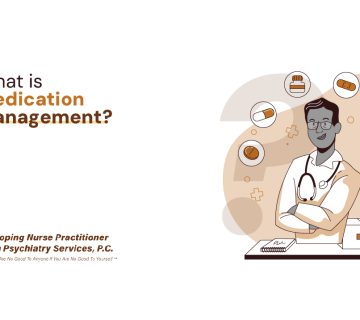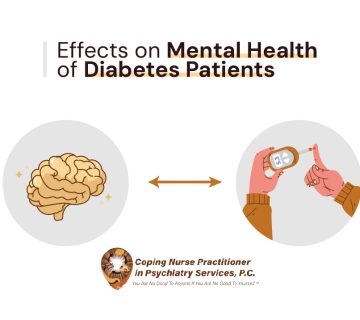Dealing with grief after the death of a loved one is a painful and difficult experience and Dr. Vansiea can attest to this since she lost both of her grandparents this year in January and August. Most of us — especially in America — have a very unhealthy way of dealing with bereavement. If you need a healthier way to cope with grief and bereavement, you’re not alone.
Many people need counseling to deal with the loss of a loved one. Not only is it a good thing for you to seek help, but it also honors the memory of your lost loved one. Dr. Vansiea reached out this year for counseling herself in dealing with her grief. Remember Dr. Vansiea’s tagline on her website homepage that “you are no good to anyone if you are no good to yourself.”
Dr. Judy E. Vansiea of Coping Nurse Practitioner in Psychiatry Services explains more about how counseling for grief and bereavement can help you to heal.
Grieving is a unique process
There’s no single right way to deal with grief. People may tell you to “stay busy” to try to take your mind off of it, but this often just postpones dealing with it. It’s imperative to express how the loss of your relatives or friends have caused a void in your life and the pain you feel that they are no longer here with you.
You can’t avoid the need to address your feelings. In fact, trying to avoid dealing with the unpleasant feelings of grief may come out in other undesired behaviors like depression. Some people may sob uncontrollably after a death, while others never cry at all. Either one can be a healthy reaction.
There’s no set timetable for grief
Especially if the person you loved died a while ago, you may feel like you should be “over it already.” Some people may give you the same advice, but it has no basis for proving helpful. There’s no set timetable for grief or when you should be “over it.”
It’s also common for grief to come in waves. You may think you really are over it, only to be hit with another wave of grief. This is normal! You will probably find it very helpful to talk to someone about your grief who understands, no matter how long it’s been. Don’t shame yourself for your feelings.
Find something you enjoy doing
Many people who are grieving feel guilty if they find enjoyment after the death of a loved one. But you can and should find something you enjoy doing, even if it’s only for a couple of hours a week.
While you can’t avoid dealing with your feelings, that doesn’t mean you have to focus exclusively on your grief. It’s healthy to have an outlet that makes you feel better.
Seek out support
Support comes in many forms. Seeing a counselor or practitioner is helpful when you’re experiencing grief, but you shouldn’t limit yourself to only this form of support.
You may find support groups helpful when you’re going through grief; this is an environment where you can talk about your grief without anyone telling you to get over it. The other people in a support group know exactly what you’re going through. Coping Nurse Practitioner in Psychiatry will begin a grief support group next month so please consider joining it.
Know when you need more help
Certain emotions are normal after the loss of a loved one. You may not feel much like eating, for example, or you may have trouble sleeping. This can go on for quite some time and still be considered a normal response.
However, you should know when your reaction crosses the line into depression. People are more at risk for depression if they don’t take care of themselves very well or if they’re especially isolated.
Sometimes, grief does turn into depression, which may require medication. This medication may only be needed for a limited time.
If you’re dealing with the loss of a loved one, it’s important to keep the faith and realize that intense grief doesn’t last forever. But it’s also important to talk to someone.
If you’re grieving and need to reach out, contact Dr. Vansiea at Coping Nurse Practitioner in Psychiatry Services today or request an appointment online. The practice is in Uniondale, New York, with telehealth services in New York, New Jersey, and Kansas.





No comment